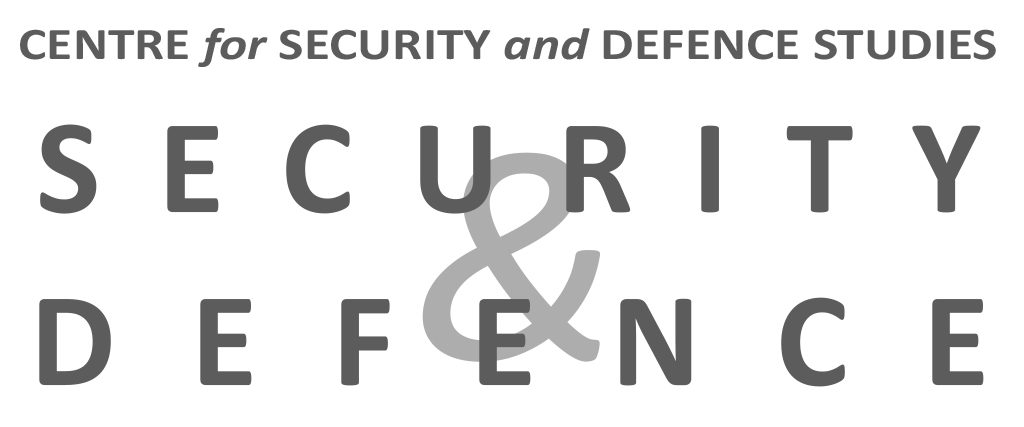De politieke rol van de Turkse strijdkrachten doorheen de geschiedenis
At its creation, the Republic of Turkey still had some features of the Ottoman Empire from which it emerged. In that respect, the Armed Forces still fulfilled a major political role as guardian of the state and Mustafa Kemal Atatürk did not succeed in realizing his modern and democratic ambitions (to which also the last sultans did numerous attempts). Therefore, the country started as an autocracy and at the end of his presidency, Turkey was even an actual totalitarian state for some years.
Only after the death of Atatürk and even more around the time of joining NATO, the country adopted a more or less normal multi-party system, but at the democratic level, there always have been reasons for serious concern throughout the history of the country, due to weak political leadership, corruption, and military coups.
Turkish generals always claimed to embrace democracy, but they conceived the concept in a problematic way. Whenever they judged that the political struggle and social order derailed, they temporarily took over power by placing themselves above the three state powers, under the pretext of restoring democracy. In reality, for decades the Turkish Armed Forces have played a disruptive role in the country’s natural development towards democracy, which has often given rise to street violence and repression on a national scale.
Only with the arrival of Recep Tayyip Erdoğan in national politics, the political power of the Armed Forces was largely broken through a complex chess game. However, this created at least two new problems for Turkish politics. Firstly, Erdoğan revealed himself as an autocrat and secondly, the Armed Forces evolved from a state within the state into a stronghold of loyal AKP-supporters, so that they can play once again a disruptive role in Turkish politics as soon as the AKP will no longer be in charge of the country.
Download the Security & Strategy 143
(Only available in Dutch)
Research line: Middle East and North Africa; Non-Arab Muslim World

